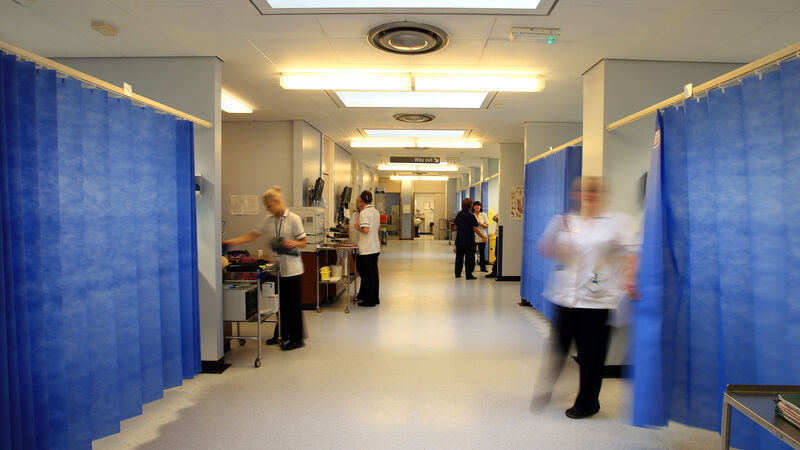Irish hospitals see surge in complications following cosmetic procedures abroad

A snapshot survey by St James’s Hospital has highlighted the burden of cosmetic tourism on the Irish healthcare system during the pandemic.
A hospital in Dublin has seen a “surge” in the number of people presenting with complications following cosmetic procedures abroad during the pandemic, with some patients requiring implants to be completely removed.
A snapshot survey by St James’s Hospital has highlighted the burden of cosmetic tourism on the Irish healthcare system during the pandemic and patients have been warned to be aware of the "hidden costs involved" if they run into complications.










